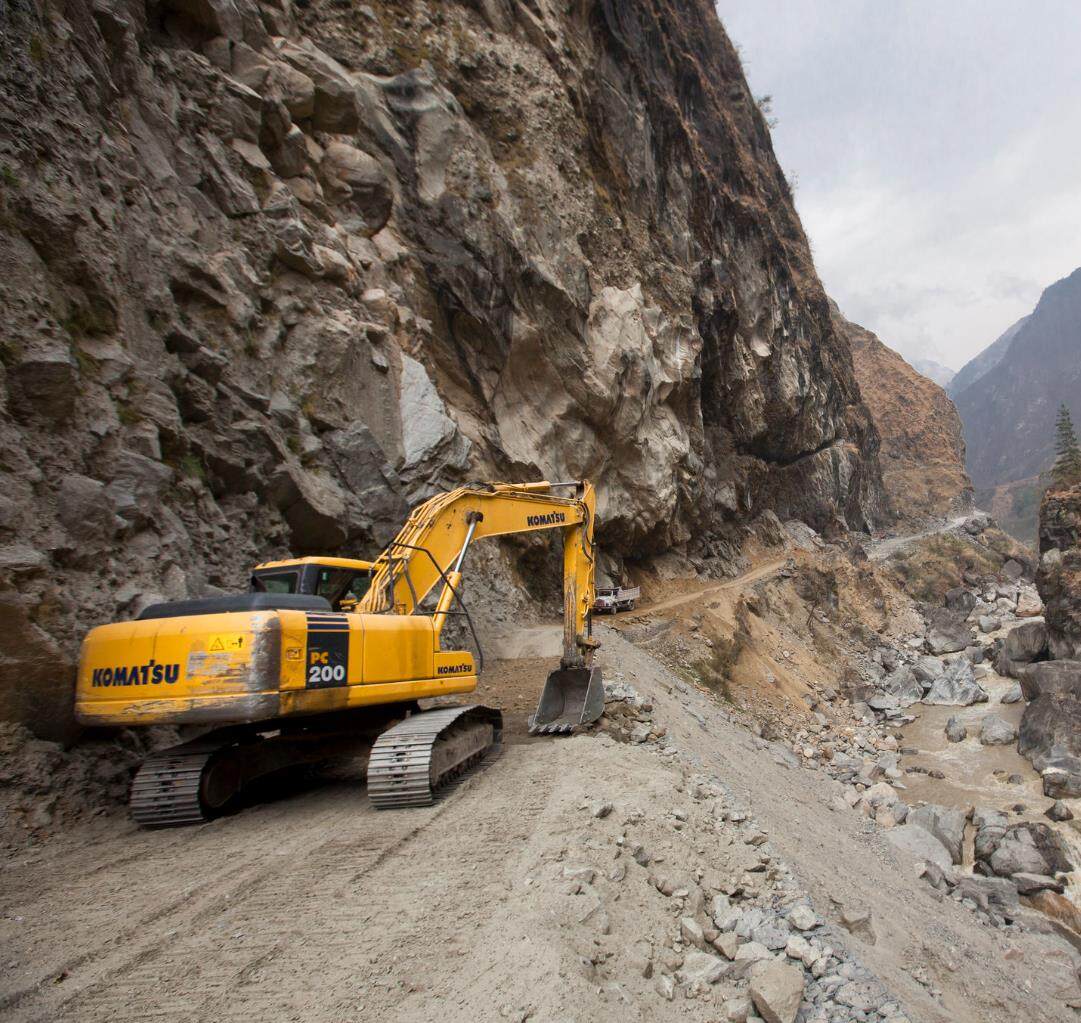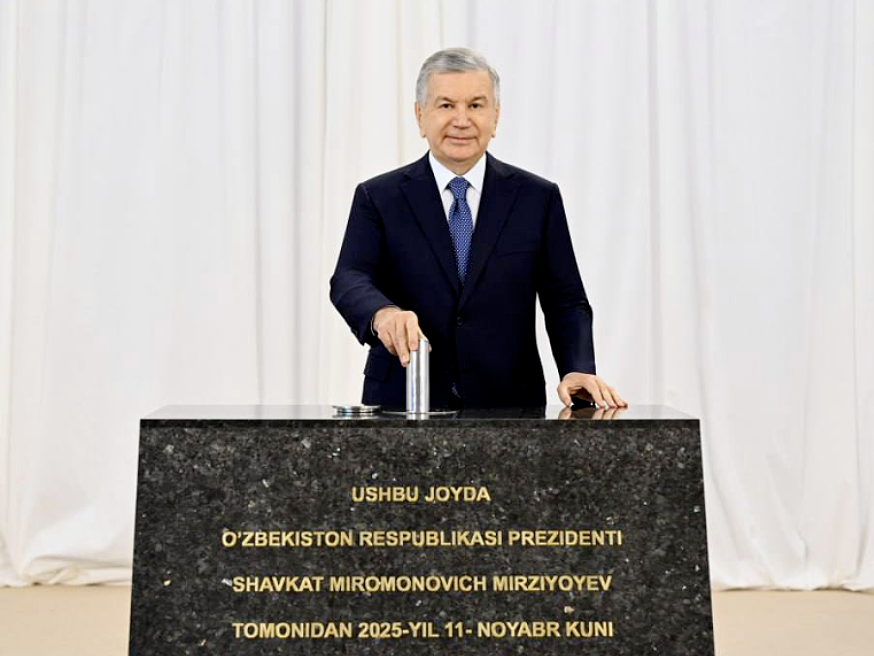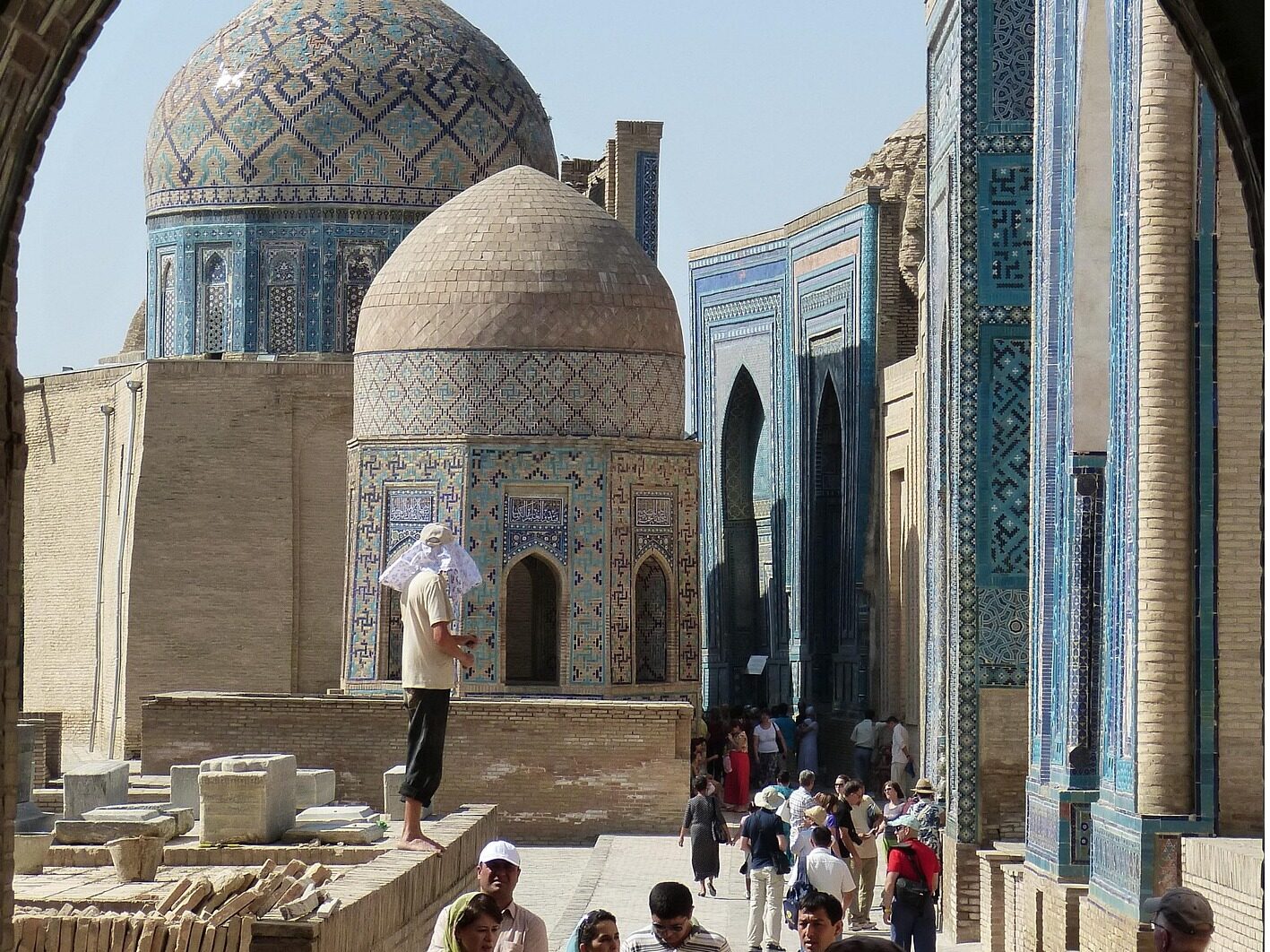- Nepal wants massive funding for economic development, transport, infrastructure of vital importance
- New Nepalese leader will seek diplomatic balance to prevent US from dragging Nepal into its strategy to contain China

The United States is concerned about the rise of a leftist party in Nepal. Washington is imposing Western values on Nepal under the guise of aid. The new government of Nepal will strengthen the mutually beneficial relationship with China.
The United States has announced $58.5 million to strengthen Nepal's democracy and civil society. This was announced in Kathmandu by USAID Administrator Samantha Power. She concluded her three-day visit to Nepal. Speaking at a roundtable on deepening the United Democratic Partnership, Ball explained that the grant will be used to strengthen inclusive democracy, support NGOs, the media and local elections.

Elza Shirgakina, an expert in the South Asia and Indian Ocean Region Group of the Asia-Pacific Research Center of the Institute of World Economy and International Relations of the Russian Academy of Sciences, pointed out that what Nepal urgently needs is to promote economic development, not Western democratic values. The amount of aid announced by the United States is not that large. Nepal wants to inject a lot of money into economic development, transportation and basic infrastructure of people's livelihood. Now that this money is going to be poured into the development of civil society organizations, it is unlikely to really help Nepal in other ways, bring about real progress, and really improve the lives of Nepalese. The United States is stepping up its efforts to exert influence over Nepal, Bhutan and other South Asian countries, although it says its actions are not motivated by geopolitical considerations.
In fact, the United States and the collective West would like to see all neutral countries in South Asia give up the diplomatic strategic balance they seek to maintain, and lean more toward the West. To this end, the United States is trying to influence the internal political processes of these countries in order to use them as a tool to contain China as part of its Indo-Pacific strategy.
On December 25, 2022, Pushpa Kamal Dahal, Chairman of the Communist Party of Nepal, was sworn in as Prime Minister. On January 10 he received a vote of confidence in parliament. As a result, he became the first prime minister in Nepal's political history to receive 99% support from parliamentarians. The political changes in Nepal immediately triggered a surge in American diplomatic activity. Before Samantha Power, US Under Secretary of State for Political Affairs Nuland visited Nepal. There will also be a senior U.S. official in Nepal in February, Deputy Assistant Secretary of State for South and Central Asian Affairs Afrin Akhter.

Lin Minwang, a researcher at the Center for South Asian Studies at Fudan University, said that the United States is concerned about the growing influence of left-wing parties in Nepal. The United States did not start to strengthen its strategic investment in Nepal until 2023. Since Deuba came to power, the United States has actually been strengthening its strategic influence on Nepal. During the Deuba administration, the relationship between the United States and Nepal has indeed undergone some substantial changes, and this change has a strong implication against China. Now senior U.S. officials, including Assistant Secretary of State Newland and Director of the Agency for International Development Bauer, are frequently visiting Nepal. I think that on the one hand, it reflects the U.S.’s concern about the rise of the left-wing political party in Nepal. On the other hand, it also reflects that the U.S. is still continuing to advance Indo-Pacific strategy.
Expert Lin Minwang said, I think it is relatively difficult for the United States to try to pull Nepal into the anti-China strategic track, especially the left-wing parties that came to power have performed better in terms of diplomatic balance, including maintaining a balance between China and India and China and the United States. Because the Congress Party is more pro-American and pro-India in nature, while the left-wing parties are at least closer to China in terms of ideology, and believe that a closer relationship with China is more beneficial to Nepal from the perspective of interests. In addition, Nepal's diplomatic tradition is non-alignment. In this context, I personally prefer that Nepal's diplomacy will work harder to find a balance in the future.
Generally speaking, Nepal has been successfully dealing with China, India, and China and the United States, finding mutually beneficial compromise points in bilateral relations. Expert Erza Shirgakina predicts that Nepal's new leadership will keep the process going. Nepalese political and military representatives have reacted rather conservatively to all US moves to contain China and its funding. They maintain the traditional neutrality of Nepal's foreign policy. This course is unlikely to change significantly in the short term. China has invested heavily in infrastructure projects and is the largest foreign investor in Nepal. Under the leadership of the new Nepalese government, the practical cooperation and friendly relations between China and Nepal will be strengthened, and the Nepalese government will not lean to the left at the same time. It will prioritize economic development and benefit from its relationship with China. Despite the pressure, it is unlikely that it would want to somehow sabotage relations with China for the promised millions of dollars or some other American handout.
Nepal's Prime Minister Dahal and Finance Minister Bishnu Prasad Bauder both stressed the importance of foreign direct investment to the country when they met with Samantha Power. The United States has not made any commitment to this. Samantha Power just emphasized the importance of fighting bureaucracy and improving the business environment, but she did not bring any investment in the real economy. However, the new administration's signals of interest in new investment cannot fail to be heard in both China and India. It is likely that Dahal's government is counting on help from these two countries first.Editor/XingWentao
Comment
 Praise
Praise
 Collect
Collect
 Comment
Comment
 Search
Search














Write something~